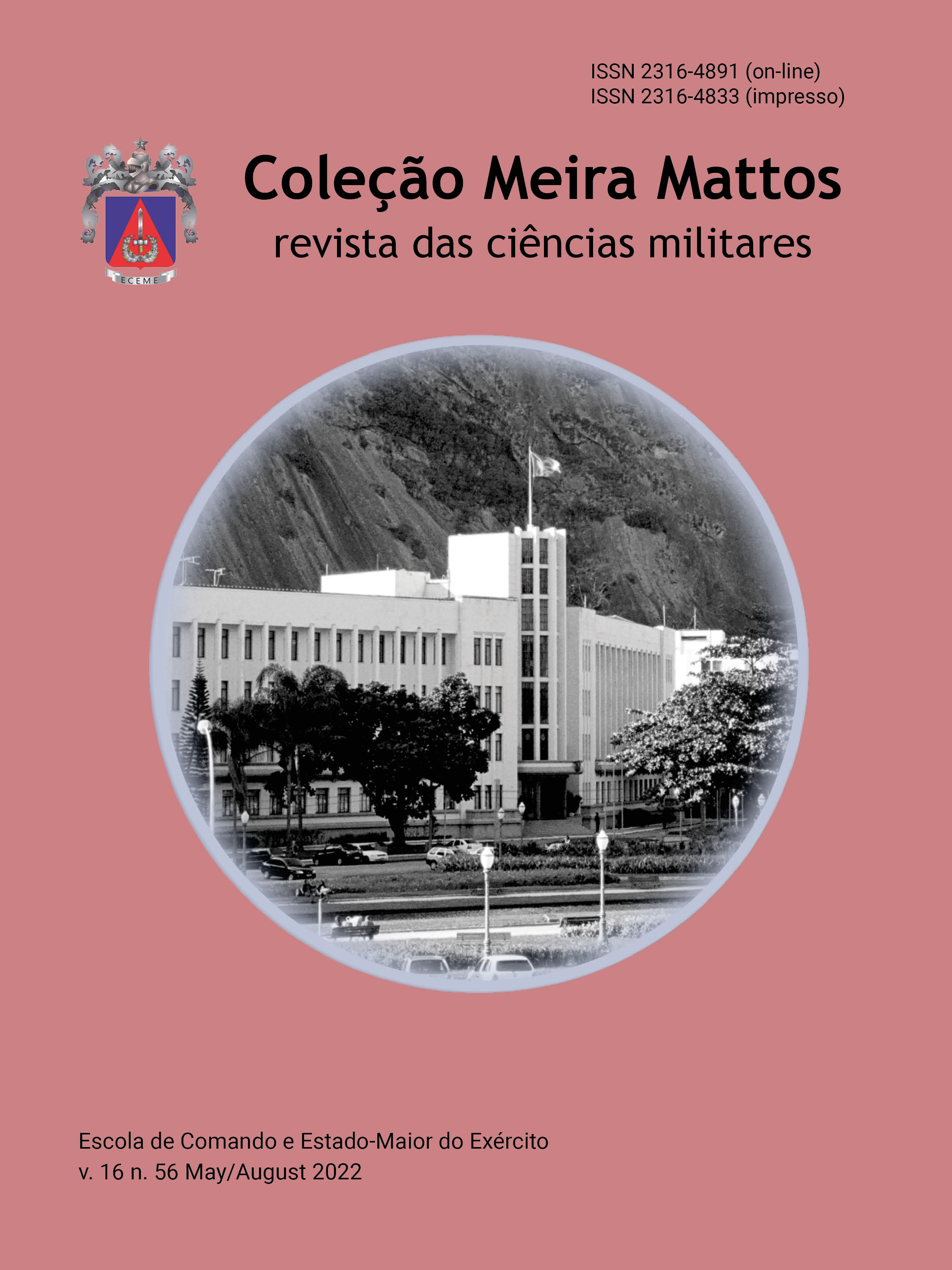Victory beyond superiority how the allies won the World War II in Europe
Main Article Content
Abstract
Current state of international affairs shows the rebirth of near-peer competition. This unveils the likelihood of a conventional conflict between great powers. In the absence of recent clashes of that character, the World War II’s (WWII) dynamics can still provide valuable insights on how a new conflict might unfold. To find a useful angle to examine this past-century global war, we formulated the question whether the superiority of the Allies, in terms of manpower and economy, turned their victory practically inevitable in the European theater. It seems an enduring question for today because states usually compete within a security dilemma framework by which they work to enhance defense capacity by increasing numbers of personnel and assets. This paper aimed to respond the question with the support of Michael Handel’s theory that states that protracted wars have been won by those who, besides superiority of men, assets and economy, show better leadership, put together a working alliance, and apply geography wisely. Our study concluded that, although superiority was indeed important in the WWII, it was actually only the visible portion of a strategy envisioned and implemented by an experienced leadership who took into account features of geography and established a strong alliance.
Downloads
Article Details

This work is licensed under a Creative Commons Attribution 4.0 International License.
Meira Mattos Collection is licensed
From 2019 under Creative Commons conditions (CC BY 4.0)
Until 2018 under Creative Commons conditions (CC BY-NC-SA 4.0)
Licenses are listed on the article access page and detailed on the Copyright page of this publication.
Copyright: The authors are the copyright holders, without restrictions, of their articles.
Notice
For any reuse or distribution, you must make clear to third parties the terms of the license to which this work is submitted.

